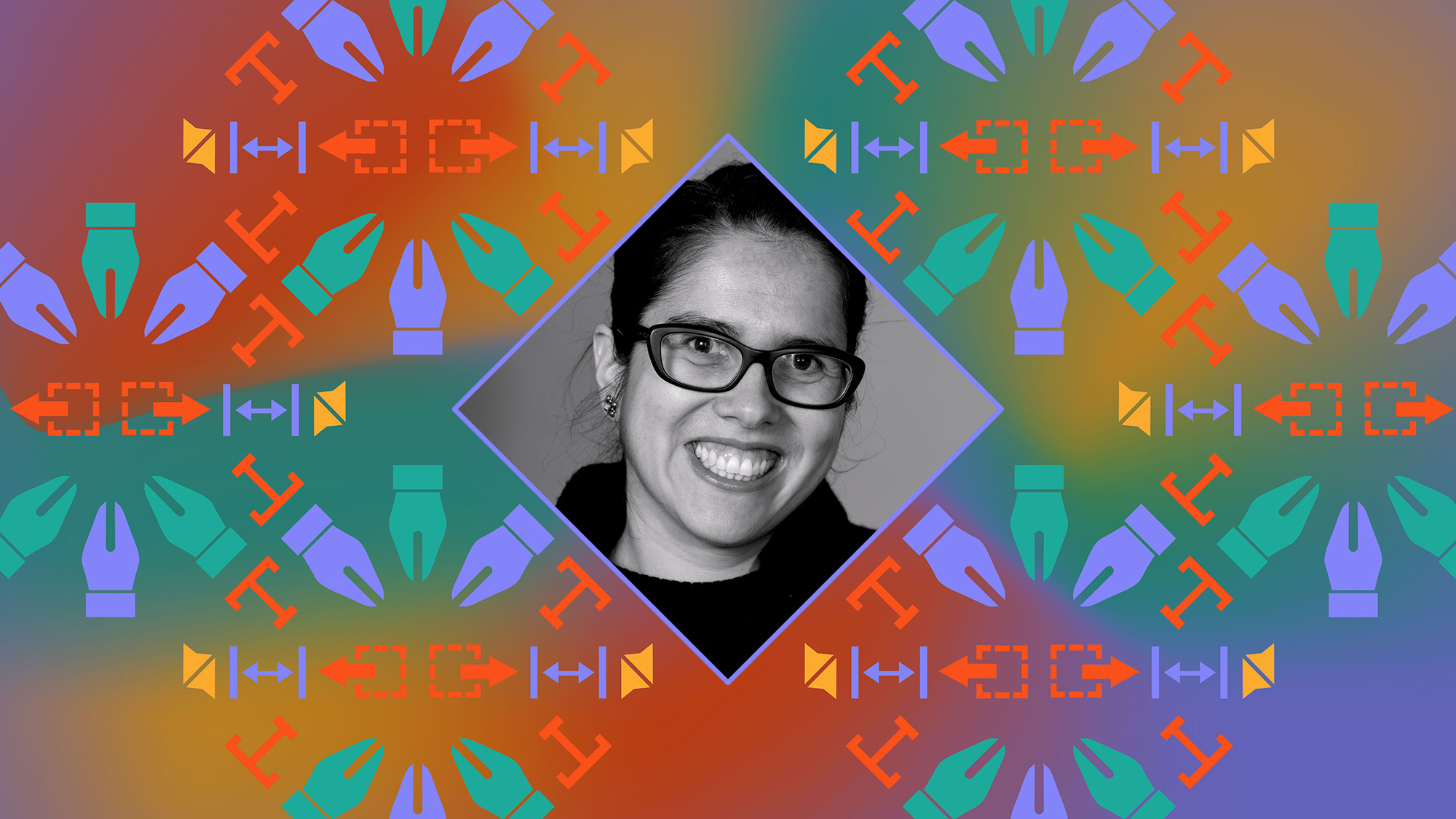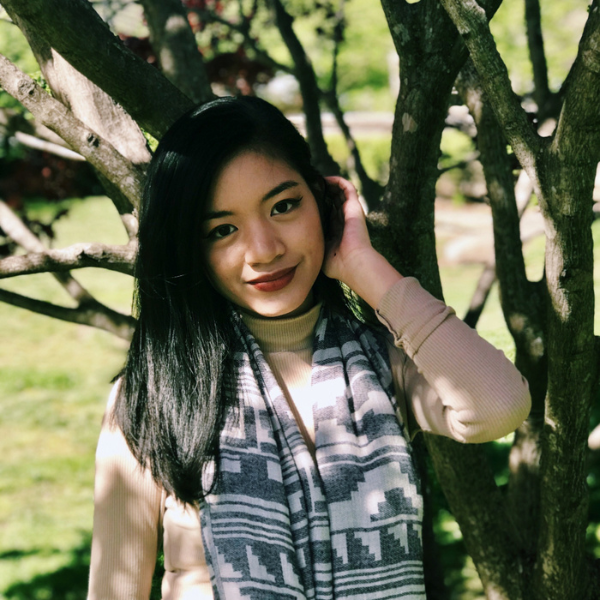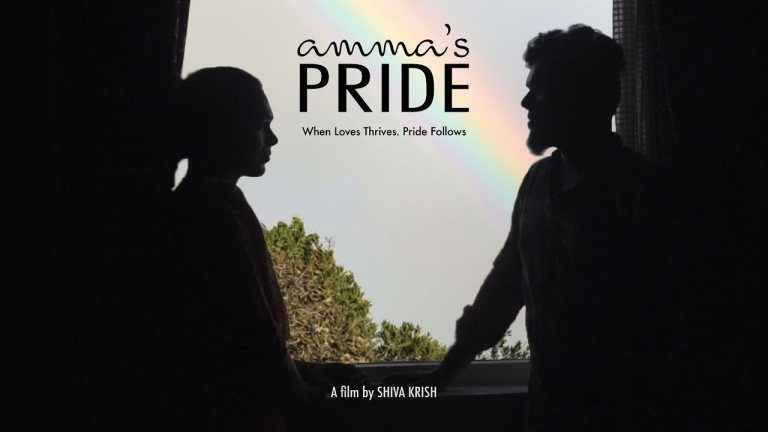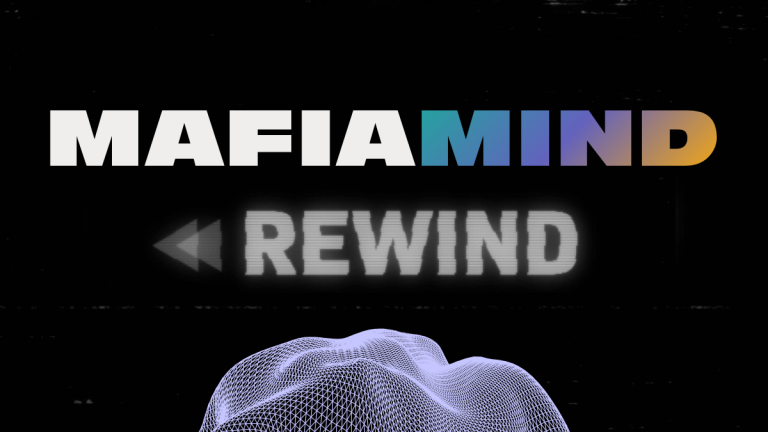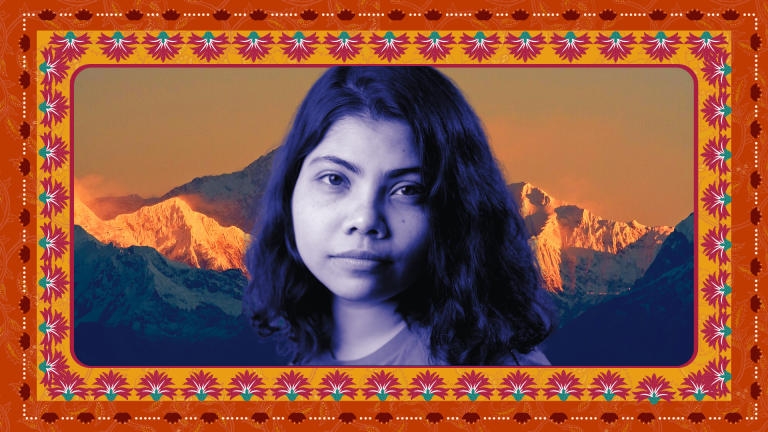
She quickly pivoted toward a career in editing when she fell in love with the collaborative process. Gutierrez was particularly taken by the creative space and synergy that editors and directors get to foster. “The rigor of editing was something that excited me in a non-stressful way,” she explained. “That's just where I felt at home and where I felt I could speak the loudest.”
The edit is critical in honing a story’s gaze and themes, according to Gutierrez. It’s an exercise in “focus, focus, focus,” where you have to be in a continuous conversation with your director. But the challenge inspires and energizes her. Gutierrez admitted that, although she feels overwhelmed at the beginning of a project’s edit due to the myriad of possibilities in approaching a story, once she reaches the rough cut, that’s “where the party starts.”
“The first version of the film is never gonna work. It's not even going to feel like a film. But arriving at that place where you can see something and identify what doesn't work, it just gives me a burst of energy,” Gutierrez said.
She also feels a sense of closeness and intimacy to a film’s protagonists. For her, the relationship she forms with the material in the edit is just as important as the relationship fostered between a director and a film’s participants on the field. These are the lives of real people, after all, and she knows how important it is to get these stories right.
ACCOUNTABILITY IN THE EDITING ROOM
Gutierrez is a Latinx immigrant who came from Peru to the United States when she was 14 years old. Although she noted telling Latinx stories is her “true love,” she also cherishes opportunities to tell stories outside of her own world. It’s a delicate process, one in which Gutierrez says every person on your team has to be conscious of what they bring to the table. She loves working on films with a solid foundation of research and accountability – where the producers and directors are fully aware of their positionality in the room in relation to the stories they’re telling.
“When you're grounded in knowledge and understanding, you can go to so many different places,” she explained. “That frees me up for a lot of creative experimentation.”
Gutierrez counts herself lucky: She said she’s at a point in her career where she gets to be selective about the projects she chooses, editing films with the sturdy foundation of research and accountability she values, though the road here certainly wasn’t smooth, especially early in her career. “I know that I always kind of read very young and have a very heavy accent, and I could see the room kind of questioning [my talent],” Gutierrez said.
She’s also experienced being a token Latina on projects where filmmakers needed “a brown face,” because they realized they didn’t have any person of color on the team, even though their film centered on people of color. But Gutierrez said there’s a burden attached to being put in this type of position, especially when the accountability work isn’t done from the beginning.
“Sometimes you are brought into a team where your presence is expected to solve issues that are issues with a production in general, whether they're looking at the story or the way that they've done production. We can't solve things that were not thought out on the field. We can’t completely solve that in the edit,” she said.
FOSTERING AN INCLUSIVE EDITING ROOM
Gutierrez’s experiences as a woman of color have helped pave the way for the creation of BIPOC Doc Editors, an initiative she co-founded with fellow documentary editor David Teague. It’s a public database of Black, Indigenous, and People of Color (BIPOC) documentary editors across the nation, from seasoned editors to emerging assistant editors.
Filmmakers can utilize the database to find talent outside their personal networks, which is crucial. Gutierrez noted that “so much word-of-mouth” goes into hiring editors. As a result, editors of color who aren’t already in these circles miss out on opportunities, and filmmaking teams miss out on opportunities to make their post-production more inclusive. This initiative seeks to solve this problem.
Gutierrez has also observed that most people of color are hired for entry-level positions in the editing room, but when you look at the pool of experienced editors, “it's very white and very male.”
“We talked to a lot of young people. We're seeing that people are coming into the craft, but they're dropping out, because they don't get to become lead editors,” she explained. To solve this issue, Gutierrez is pushing hard for mentorship. They’re asking production companies to create this space for emerging editors, but she also recognizes some of the limitations that come with mentoring, especially since the majority of documentary editors currently in the industry are white.
“We tend to mentor people that we feel familiar with, and then we feel like they're kind of a reflection of ourselves,” she said. “If we want to make sure that it's not only this pool of white experienced editors kind of mentoring their younger selves, they have to make an effort to support people that are different from them.”
Gutierrez has big hopes and dreams. She recognizes there’s a huge demand for editors in the documentary film industry and wants to capitalize on this need to put pressure on production companies to hire more BIPOC editors. At the same time, the work can’t be done alone and without funding. She wants more organizations in the industry to advocate for editors.
“When you look at projects that are financially supported by foundations to do work on equity, representation, and access, they focus mostly on directors, and they focus mostly on productions, which I think is amazing, and it's great. But [editors] are being left behind,” she explained.
In the meantime, Gutierrez says community is key.
“For us in this landscape, the only recourse that we have is community building. And that's one of the things that is really important for our organization is that not only are we trying to connect producers with BIPOC editors, but we're trying to set up spaces where [editors] can meet with each other and share information,” she said.
For Gutierrez, equity in the editing room is vital to telling stories. By supporting diversity and representation in the edit, you’re supporting the storytelling process in its totality.


